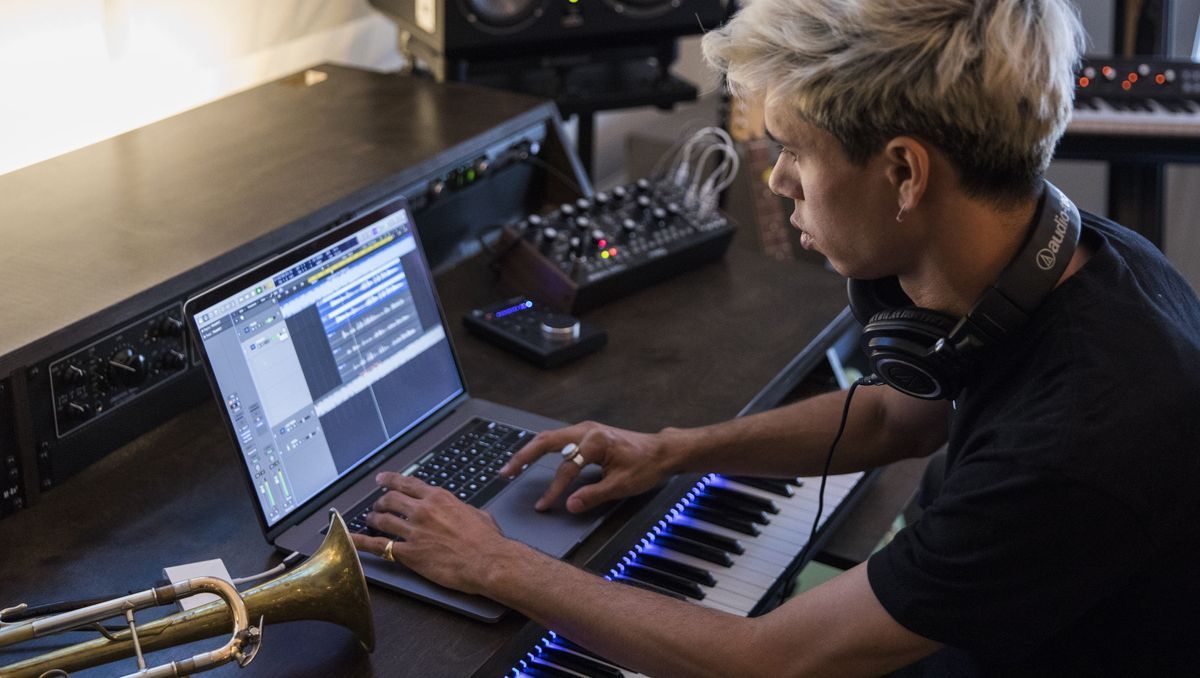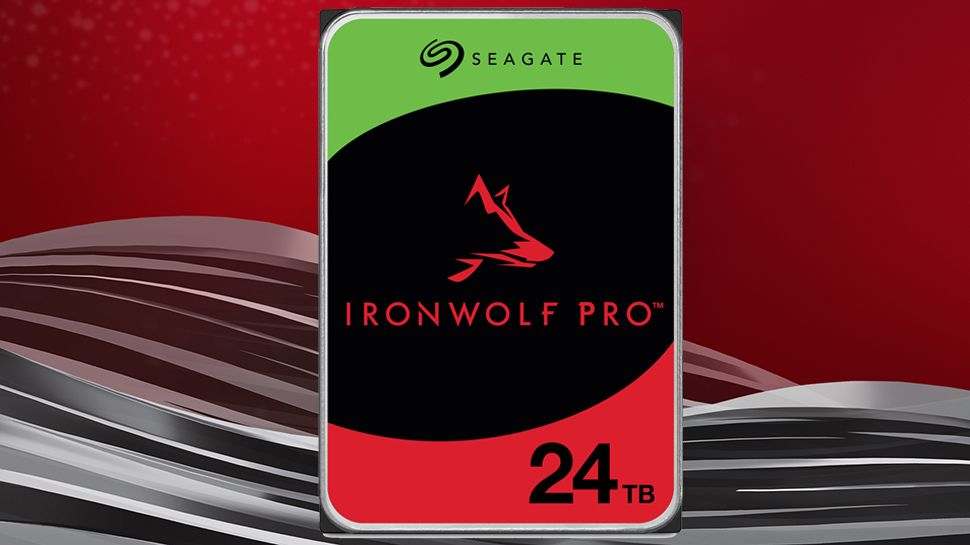Apple has just declared a new group of Macs obsolete, and a few other models have been moved to the vintage category, including MacBooks as early as 2018 in this latest case.
9 to 5 Mac has discovered that Apple has updated its complete list of obsolete and legacy Macs, with the following new additions.
Macs that are now considered obsolete are:
- MacBook Air 13-inch (Early 2015)
- MacBook Pro 13-inch (2016, with 2 Thunderbolt 3 ports)
- MacBook Pro 13-inch (2016, with 4 Thunderbolt 3 ports)
- MacBook Pro 15-inch (2016)
- MacBook Pro Retina 13-inch (Early 2015)
- MacBook Retina 12-inch (Early 2016)
- 21.5-inch iMac (Late 2015)
- 21.5-inch iMac Retina 4K (Late 2015)
- 27-inch iMac Retina 5K (Late 2015)
And the Macs that are now classified as vintage are:
- MacBook Air Retina 13-inch (2018)
- MacBook Pro 13-inch (2017, with 2 Thunderbolt 3 ports)
- MacBook Pro 13-inch (2018, with 4 Thunderbolt 3 ports)
As a quick reminder, Apple typically includes Macs in these two categories, where obsolete means that the product in question stopped shipping to stores more than seven years ago. In this case, Apple (or its official service partners) will no longer provide parts for repairs of obsolete Macs.
The “vintage” classification isn't that serious, and applies to hardware that's five years old; in this case, repairs and parts are available, but the latter may be limited. It's essentially a warning that the Mac is nearing its end, and at seven years old, the machine becomes obsolete, as noted.
Analysis: Progress – and profits – versus sustainability
Of course, just because your Mac is obsolete doesn't mean you have to throw it away immediately. However, it does mean that if something goes wrong with a component, you'll be virtually trouble-free. (We should note that some obsolete MacBooks may be eligible for battery repairs for an extended period, as Apple reminds us on its support page linked above.)
Even with an older Mac, a necessary part may not be available or you may have to hunt for it. We’ve said it before and we’ll say it again: it feels like Apple was a bit hasty in moving these Macs out of the “fully serviceable” category, in a world where we ideally seek to give hardware greater longevity in an effort to achieve greater sustainability.
Of course, Apple is also giving older machines the cold shoulder when it comes to software. The latest version of macOS Sequoia means that, in the case of a MacBook Air, you need a 2020 model to run the OS. Or an iMac from 2019 or later, for another example – not all relatively modern Macs can run macOS 15 (see a full compatibility list here).









